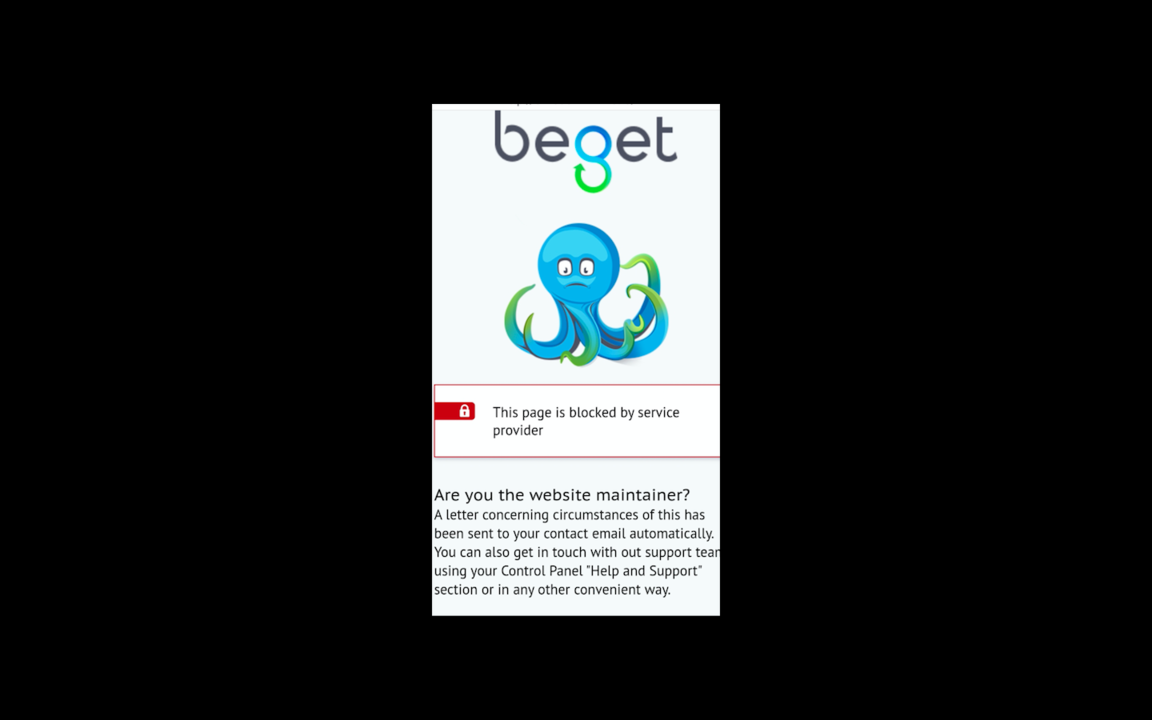When it comes to dealing with IP infringements on the Internet in Russia, there are 3 major mistakes a vast majority of foreign businesses make.
By understanding what these mistakes are, you can avoid making them and better protect your IP rights in Russia.
1. Using the same approach you would use elsewhere that does not work in Russia.
Businesses that operate in multiple countries often try to use the same to save on time and costs. These businesses send a templated cease and desist letter that is not adapted to a Russian situation and try to use the same approach for Russia they use elsewhere.
In some cases, the company may send the letters in English to Russian parties when they should be in Russian to be effective and for the purpose of future court proceedings, or may write to domain name registrars, which in Russia refuse to deal with IP infringements.
If the foreign business ignores the local requirements and practice, then it will be extremely difficult to get any positive results from the enforcement activities.
In Russia, there are specific steps that you must take to protect your IP rights.
Your strategy for who to contact and how to enforce your IP will depend on what type of issue you encounter and which information about infringers/intermediaries is available and/or how you could obtain such information.
2. Expecting fast results and giving up too soon.
Very often, foreign businesses believe that a problem can be fixed very fast. In some cases, IP infringement issues can indeed be fixed fast (i.e. by sending a properly drafted cease and desist letter), but in the other cases foreign businesses need to be persistent, send reminders and follow-up emails, and contact various parties, such as the website owner or domain name registrant, hosting provider, online platform, etc. Sometimes a prior research and investigation is required, e.g. a request for disclosure of domain name registrant’s identity, background check, checking the registry of Russian legal entities, etc.
Often, foreign businesses still believe you cannot do anything in Russia when it comes to IP infringement on the Internet.
However, our practice shows otherwise.
For instance, we have recently obtained rather fast domain name transfers without litigation just by using proper cease and desist letters, shut down a fairly large number of infringing web sites and even influenced a policy of a very popular Russian market-place regarding type of content/materials they are no longer going to make available on their platform.
3. Not going to courts.
Foreign businesses are often afraid of going to Russian courts.
They incorrectly believe that they will not get any protection for their IP rights. Even though the courts in Russia are still not perfect, IP enforcement is improving.
Foreign businesses should always consider potential court proceedings if other measures did not help and how they can initiate a court proceeding if your prior efforts fail.
For instance, not many know that Russia has provisions on ISPs liability for IP infringements and these provisions apply to all types of IPRs infringements.
It means that if a hosting provider ignored your cease and desist letter and did not shut down an infringing web site, you may sue the provider. In fact, very often it makes sense going after ISPs or online platforms (they also can be considered ISPs) rather than individual users.
There are many avenues you can take to protect your IP in Russia and I always encourage all businesses to be proactive in protecting their IP on the Internet and be decisive in dealing with IP infringers.



